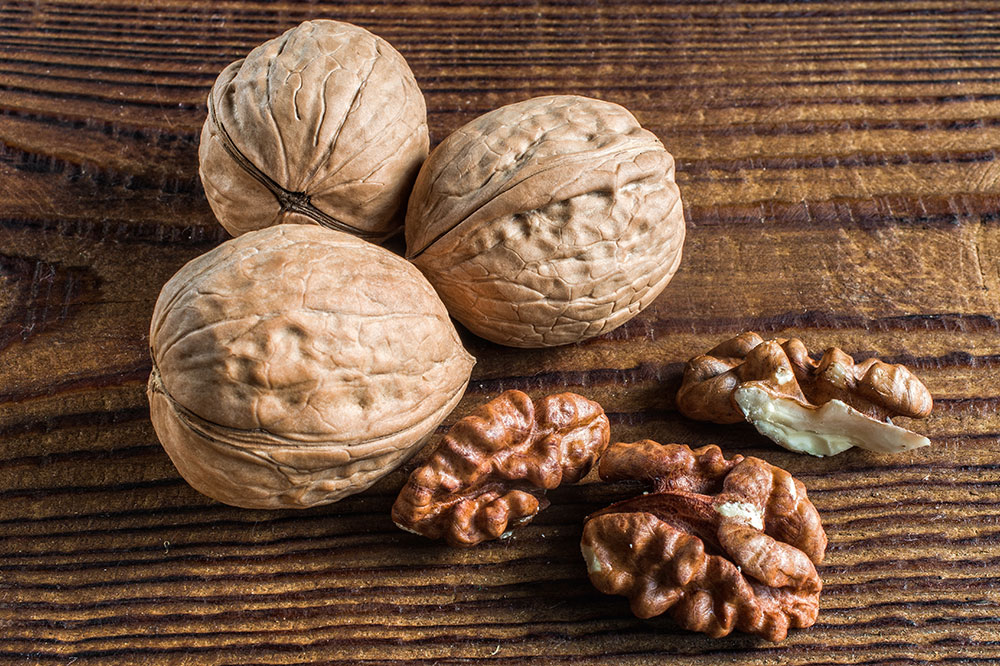Effective Nutritional Approaches to Reduce Depression and Improve Mental Well-Being
Explore scientifically-backed nutritional strategies that can help alleviate depression. From nutrient-rich sweet potatoes and dark chocolate to leafy greens, learn how diet can support mental wellness. Combining food choices with medical treatments enhances mood stability and promotes long-term mental health. This comprehensive guide provides practical insights for managing depression naturally through nutrition and medication.

Effective Nutritional Approaches to Reduce Depression and Improve Mental Well-Being
Depression is a widespread mental health condition that impacts millions of individuals across the globe, transcending age, gender, and socioeconomic status. While traditional treatment methods such as psychotherapy and medication are fundamental in managing depression, emerging research emphasizes the significant role of diet and nutrition in supporting mental health. Incorporating specific foods into daily routines can help naturally alleviate symptoms, improve mood, and enhance overall well-being. This comprehensive guide explores the top nutritional strategies to combat depression and foster mental resilience through dietary choices.
Sweet Potatoes: Nature’s Nutrient Powerhouses
Among the various superfoods, sweet potatoes stand out for their rich nutrient profile and beneficial effects on mental health. These root vegetables are not only delicious and versatile but also packed with vital nutrients such as vitamin A, beta-carotene, fiber, and magnesium. Magnesium deficiency has been closely linked to symptoms of depression, making sweet potatoes an excellent dietary addition for mental support. The presence of complex carbohydrates in sweet potatoes also contributes to mood stabilization by promoting the release of serotonin, the neurotransmitter responsible for feelings of happiness and calmness. Regular consumption of sweet potatoes can help reduce stress levels and improve emotional resilience, making them an essential part of a depression-fighting diet.
Dark Chocolate: A Natural Mood Booster
Dark chocolate, particularly varieties rich in cacao, is more than a treat—it's a functional food that can positively influence mental health. Loaded with flavonoids and antioxidants, dark chocolate helps reduce inflammation and oxidative stress, which are often elevated in individuals suffering from depression. Consuming a small piece of high-quality dark chocolate can stimulate the production of endorphins and serotonin, leading to immediate mood enhancement. Additionally, it has a calming effect on the nervous system, making it an ideal snack for reducing anxiety and promoting a sense of well-being. Moderation is key, as excessive consumption can lead to unwanted health outcomes.
Leafy Green Vegetables: Essential for Neurotransmitter Production
Leafy greens such as spinach, kale, Swiss chard, and broccoli are nutritional powerhouses, vital for filling nutritional gaps in the diet that influence mental health. Rich in folate and magnesium, these vegetables support the production of neurotransmitters like dopamine and serotonin—chemicals fundamental for mood regulation. Higher intake of folate-rich foods has been associated with a lower risk of depression, as folate aids in the synthesis of neurotransmitters and reduces homocysteine levels, which are linked to depression. Furthermore, leafy greens possess anti-inflammatory properties, which are crucial since chronic inflammation has been recognized as a contributing factor to depression. Regular inclusion of these vegetables in meals can promote emotional stability and cognitive function.
In cases of severe depression, diet alone may not suffice, and healthcare professionals often recommend a combination of medication and lifestyle interventions. Medications such as Latuda and Caplyta are commonly prescribed to assist in balancing brain chemistry, thus aiding in the effective management of mood disorders.
Medications to Complement Nutritional Strategies
Managing depression effectively sometimes requires pharmacological intervention, especially in severe cases. Two notable medications include Latuda and Caplyta, which are prescribed to help restore chemical balance within the brain and improve mood stability.
Latuda (lurasidone)
Latuda is primarily used in treating bipolar depression and schizophrenia. It works by modulating dopamine and serotonin pathways, vital neurotransmitters involved in regulating mood and thought processes. This medication is administered orally, with dosage tailored to individual patient needs. Latuda helps in alleviating symptoms of depression by correcting neurochemical imbalances, thereby supporting a more stable emotional state.
Caplyta (lumateperon)
Caplyta is another effective treatment option for severe depression associated with bipolar disorder. It targets multiple neurotransmitter systems, including serotonin and dopamine, to reduce nervousness and negative thoughts. Like Latuda, Caplyta is taken orally under medical supervision, with careful dosage adjustments to ensure optimal efficacy and minimize side effects. Combining such medications with dietary improvements can lead to significant improvements in overall mental health and quality of life.





